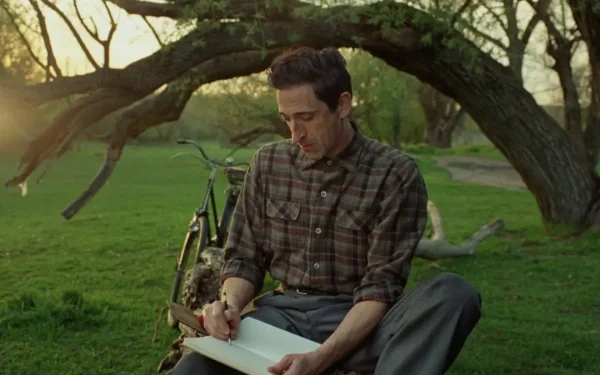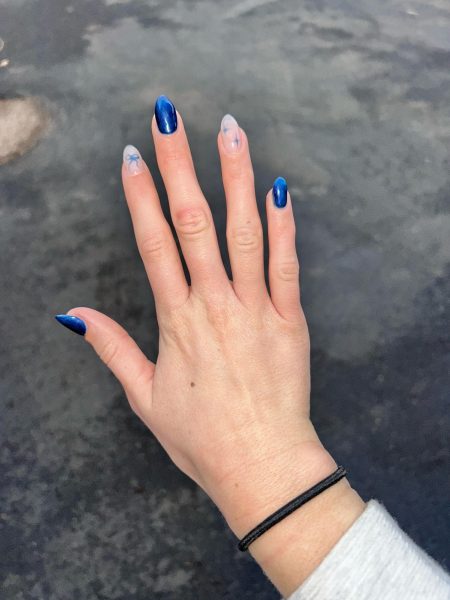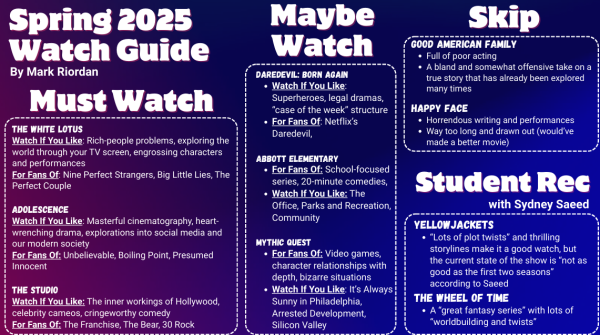The best thing to be is yourself
We occasionally hear “be yourself”– but what does it really mean? And is it good advice? In order to figure out what being yourself means, you first have to know who your self is.
There are elements of our personality that are fundamental to us and are difficult, if not impossible, to change. Some psychologists believe that you can analyze your personality through a process known as introspection, while others believe that only trained professionals can identify your personality in ways that you can’t yourself, and still others believe that the self is something beyond complete understanding. I could go on and on about the different interpretations of the self, but there is not enough room in one article. Social studies teacher Andy Ward says ”We’re talking about things that people write 500-page books on and they still don’t answer the question.”
So with the self now defined, even if unknown, what does “be yourself” actually mean? “be yourself” applies to two main situations. One is when you are in a social situation, such as with your friends, and you are trying to conform to the group’s expectation of you. In this case, “be yourself” is an invitation to loosen up and speak informally and freely. The other application of the phrase is when trying to discover your identity or path in life, such as when talking with a counselor or parent, in which case “be yourself” is a more general statement to expand on your best traits and let them guide you.
These interpretations of “be yourself” are implied; “be yourself” should not be taken literally. In 2016, the New York Times (NYT) published an opinion piece titled “Unless You’re Oprah, ‘Be Yourself’ Is Terrible Advice”. The article takes issue with authenticity: do people want to see the madness inside of us?
If you think that “be yourself” is bad advice because it is an excuse to be a monster, let us consider an extreme case: do you tell a serial killer to be themselves? No! The reason is that the mentally ill are having difficulty finding a stabilized, normal happiness, which is what we seek when we are told to “be yourself”. If they wish to find happiness in ways that hurt themselves and others, “be yourself” doesn’t really apply. As it turns out, the NYT piece ends up advocating for a stricter view of “be yourself”: “Rather than changing from the inside out, you bring the outside in.”
However you take “be yourself”, this adage is something that we could all use more of. As our world becomes more divided and hateful, we seek solutions to restore peace and harmony amongst ourselves. Perhaps we need to be ourselves more and see who we really are.
“So many of the problems [we have globally with others] are ultimately about a failure to connect with other people…Until you have a firm grip of who are, it’s hard to see the humanity in other people”, said Ward.
Indeed, whether on a personal or a global scale, our problems largely stem from misunderstanding each other and an inability or unwillingness to change behavior that negatively impacts others. The first step to improving the wellness of our peers is to improve the wellness of yourself, and what better way to do it than to be yourself?
So be yourself, and be yourself some more. Let’s share our collective positive traits and improve our world.

Skylar Chan is a senior in SMCS and writes in the STEM and technology beat. This is his first year writing for the Pulse. You may have seen him dance in...










